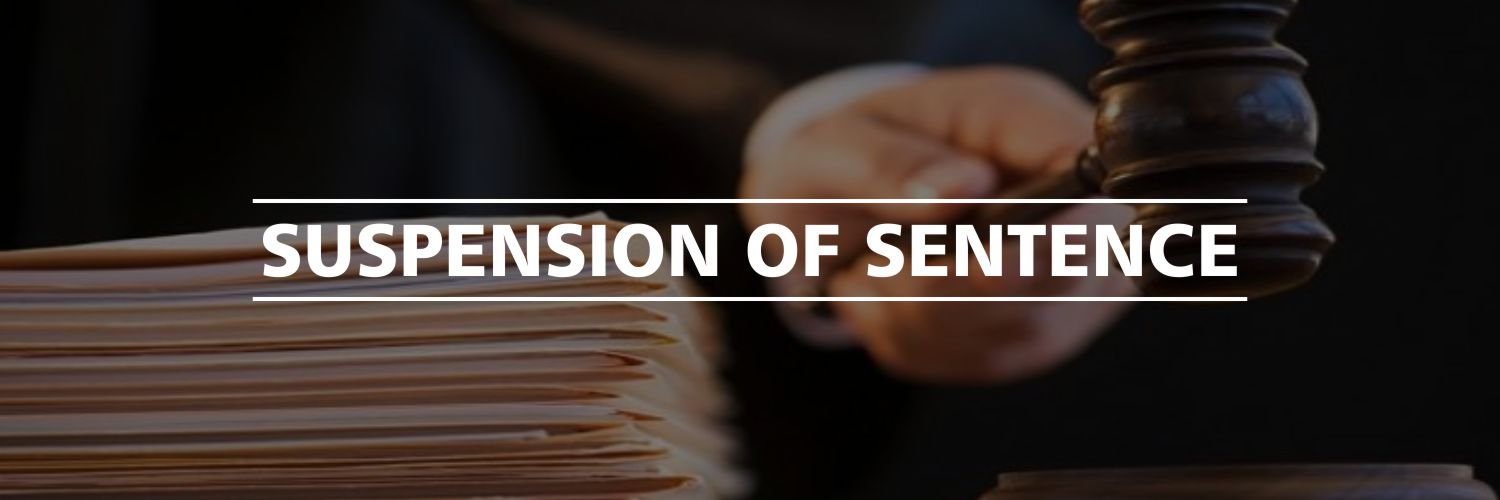Introduction
The Delhi High Court on 28.07.2023 refused to put a total ban on the selling of acid over the counter in retail outlets in the national capital. A Division Bench comprising Chief Justice Satish Chandra Sharma and Justice Sanjeev Narula stated that a comprehensive prohibition on the sale of acid could have unexpected implications, hurting industries where acid is used responsibly and securely.
“As a result, it is critical to strike a balance between public safety and the legitimate uses of acid for industrial and other regulated purposes.” The judgement stated that “acid serves a variety of legitimate uses and applications in various industries, and a blanket prohibition could inadvertently affect businesses and individuals who require it for lawful purposes.
Case Details
Shaheen Malik v. State of GNCTD Through Principal Secretary & Ors.
Petitioner: Shaheen Malik
Counsel for the petitioner: Mr. Anuj Kapoor
Respondents: State of GNCTD
Counsel for the Respondents: Mr. Santosh Kumar Tripathi, Standing Counsel with Mr. Arun Panwar, Mr. Kartik Sharma and Mr. Utkarsh Singh
Court: Delhi High Court
Coram: HON’BLE THE CHIEF JUSTICE & HON’BLE MR. JUSTICE SANJEEV NARULA
Case no.: W.P.(C) 1501/2020
Date of Judgement: 27th July, 2023
Brief Facts:
The Petitioner, an acid attack survivor, is an active activist who assists acid attack victims with aftercare, rehabilitation, legal remedies, and compensation. Her efforts are aimed at preventing the general population from being victims of such horrible assaults. To advance her cause, she has filed a Public Interest Litigation [PIL] seeking a blanket ban on the selling of acid over-the-counter at retail outlets throughout Delhi. The petitioner emphasizes GNCTD’s delay in notifying the Delhi Poisons Possession and Sale Rules, 2015. She claims that, despite the delayed legislative action, the ground reality remains unaltered, and that such horrendous crimes are on the increase as a result of unrestricted and easy access of acid.
The petitioner performed a fact-finding survey inside the city of Delhi using interns and volunteers to determine the current scenario and show GNCTD’s ineptitude in limiting and regulating the sale of acid. During the exercise, it was discovered that the volunteers, some of whom were minors, were able to obtain acid from practically every region of the city with ease. This troubling revelation suggests that existing rules and regulations are neither properly followed nor successfully enforced. Against this backdrop, Petitioner contends that uncontrolled availability to this dangerous drug endangers public safety and maintains the likelihood of acid attacks. To bolster her case for a blanket ban, she claims that acid sold in retail stores is mostly used to clean toilets and clogged sewers. She claims that there are feasible alternatives for these cleaning jobs, therefore allowing the open sale of acid, which is quite affordable, is superfluous. She also claims that the supposed benefits of acid are minor when put against the potential harm it can bring. She requested the Court to decide whether a complete prohibition on the sale of acid would be the best solution to the situation.
Judgement
A Division Bench comprising Chief Justice Satish Chandra Sharma and Justice Sanjeev Narula stated that a comprehensive prohibition on the sale of acid could have unexpected implications, hurting industries where acid is used responsibly and securely.
“As a result, it is critical to strike a balance between public safety and the legitimate uses of acid for industrial and other regulated purposes.” The judgement stated that acid serves a variety of legitimate uses and applications in various industries, and a blanket prohibition could inadvertently affect businesses and individuals who require it for lawful purposes. While the Court did not mandate a blanket prohibition, it did state that the State must focus on strict enforcement of the existing norms and regulations controlling the sale of acid. The government has been directed to take prompt and decisive action against violators of the Rules.
“State authorities can create a deterrent effect and encourage compliance with the Rules by imposing strict penalties on those found to be involved in the illegal sale or misuse of acid.” The likelihood of acid attacks can be considerably lowered by stringent control and monitoring of sales by law enforcement organisations. Adopting such a proactive approach sends a strong message to criminals that they will face consequences for their acts.”
Further Directions
The Court also ordered the Delhi government to do thorough empirical research to analyse the probable effects of a complete ban on acid sales on various sectors, individuals, and enterprises.
“The study should examine the effectiveness of previous regulations and their impact on reducing the incidence of acid attacks, as well as historical data on acid-related incidents.” This investigation should also look into other methods to improve public safety in the event that a comprehensive prohibition is deemed unworkable. Engagement with various stakeholders, such as advocacy groups, industry representatives, legal experts, and medical specialists, can provide significant insights for these reasons. GNCTD can examine and identify any deficiencies in the existing regulatory framework based on the findings of the empirical investigation and make an informed decision.”
The Bench further stated that its ruling should not be interpreted as concluding the debate on the subject and that the petitioner may return to the Court if the violations of the norms continue. It also expressed gratitude for the petitioner’s efforts in assisting and rehabilitating other acid attack survivors.
This article is written and submitted by Sanskar Singhal during his course of internship at B&B Associates LLP. Sanskar is a 5th Year BBA LLB student at Geeta Institute of Law, Panipat.







